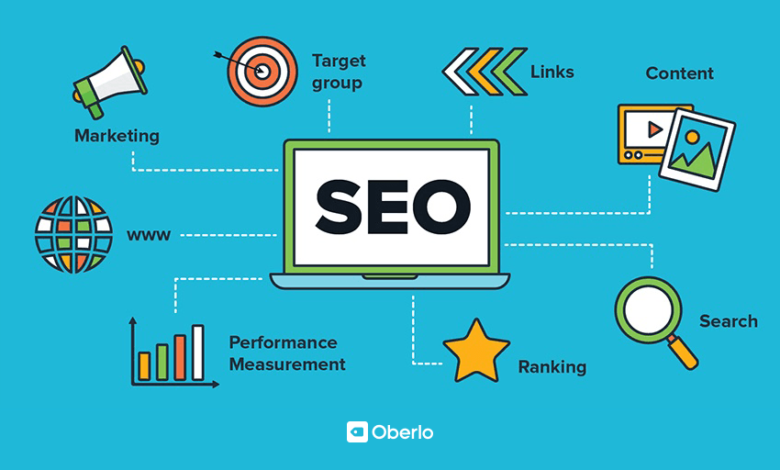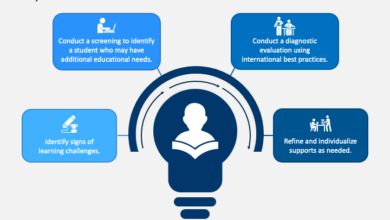What is SEO? How to Use It?

Table of Contents
What is SEO? How to Use It?
Introduction to SEO
In today’s digital world, having a strong online presence is crucial for businesses and individuals alike. This is where SEO, or Search Engine Optimization, comes into play. SEO is the practice of optimizing websites to improve their visibility and ranking in search engine results pages (SERPs). By strategically implementing SEO techniques, you can increase organic traffic to your website and reach a wider audience.
Understanding Organic and Paid Search
When it comes to search engine results, there are two main types: organic and paid search. Organic search refers to the natural, unpaid listings that appear on search engine results pages. These results are determined by the search engine’s algorithm based on their relevance to the user’s query. On the other hand, paid search involves placing advertisements within the search results, usually at the top or bottom of the page. These ads are typically marked as sponsored or paid content.
The Differences Between Organic and Paid Search
- Cost: As the name suggests, paid search requires a financial investment. Advertisers pay per click (PPC) for each visitor who clicks on their ad. In contrast, organic search traffic is free, but it requires time and resources to optimize your website for better rankings.
- Time: Paid search can provide almost instant results, often within minutes of launching a campaign. However, organic search results take longer to achieve. It requires continuous effort and time to build authority and improve your website’s visibility organically.
- Longevity: Paid search results are temporary and depend on the duration of your ad campaign. Once you stop paying for ads, your visibility decreases. Conversely, organic search rankings can have long-term effects. By consistently optimizing your website and producing valuable content, you can establish a strong online presence that lasts.
- Credibility: Organic search results are seen as more credible and trustworthy by users. People tend to trust websites that appear naturally in search results rather than those that are paid for. Building organic visibility can enhance your brand’s reputation and authority in the industry.
- Measurability: Measuring the return on investment (ROI) for paid search is relatively straightforward. Platforms like Google Ads provide detailed analytics and keyword data to track the performance of your ads. On the other hand, measuring the ROI of organic search can be more challenging but can yield significant returns in the long run.
The Similarities Between Organic and Paid Search
While there are notable differences between organic and paid search, they also share some commonalities:
Keyword Research: Both organic and paid search require keyword research. Understanding the keywords your target audience uses when searching for products, services, or information is essential. This research helps you optimize your website content and ad campaigns to align with user intent.
Landing Pages: Creating effective landing pages is crucial for both organic and paid search. For SEO purposes, landing pages should be integrated into your website and provide relevant information to users. In paid search, landing pages can be the same as your organic landing pages or separate standalone pages designed specifically for your ad campaigns.
Traffic Generation: The ultimate goal of both organic and paid search is to generate traffic to your website. Both types of traffic include users actively searching for information or solutions. By delivering relevant content and satisfying user intent, you can increase the likelihood of conversions and desired actions.
The Importance of SEO in Digital Marketing
As a digital marketer, understanding and harnessing the power of SEO is essential to stay ahead in the online landscape. SEO practices continually evolve, but the core principles remain consistent. By keeping up with industry trends and adapting your strategies, you can enhance your online visibility and attract targeted organic traffic.
The Role of Page Optimization
One of the key aspects of SEO is page optimization. It involves making your website’s content relevant, engaging, and user-friendly. By optimizing your pages, you improve their chances of ranking higher in search engine results. Here are some essential elements of effective page optimization:
- Keyword Targeting: Conduct thorough keyword research to identify the terms and phrases your target audience uses when searching. Incorporate these keywords naturally throughout your content, including headings, subheadings, and body text.
- Content Management Systems: Utilize content management systems (CMS) to streamline the process of creating and managing your website’s content. Popular CMS platforms include WordPress, Wix, Drupal, Joomla, Magento, Shopify, and Expression Engine. These systems offer tools and plugins to optimize your content for SEO.
- User Experience: Provide a seamless and intuitive user experience on your website. Optimize page loading speed, ensure mobile responsiveness, and improve navigation. User-friendly websites tend to rank higher in search engine results and keep visitors engaged.
- Link Building: Earn high-quality backlinks from reputable websites in your industry. Link building helps establish your website’s authority and credibility, signaling to search engines that your content is valuable and trustworthy.
Conclusion
SEO plays a vital role in driving organic traffic and increasing online visibility. By implementing effective SEO strategies, you can improve your website’s rankings in search engine results and reach a wider audience. Remember, SEO is an ongoing process that requires continuous effort and adaptation to stay ahead in the ever-changing digital landscape.












